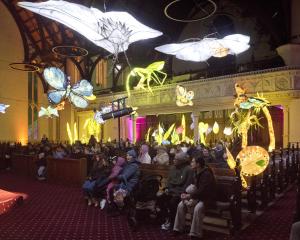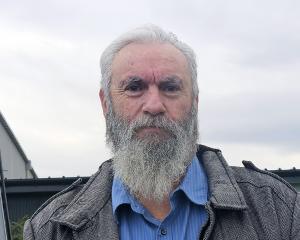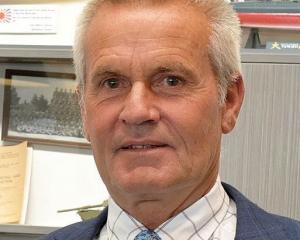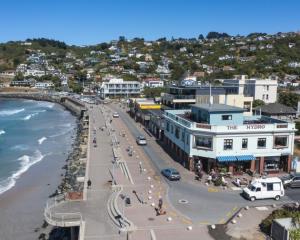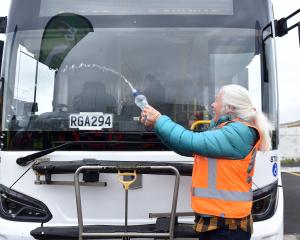
The private Dunedin hospital celebrated the opening of its ninth theatre on Thursday, the final project of a 10-year development plan.
Chief executive Richard Whitney said surgery numbers would climb reasonably quickly from 8000 to 10,000 per year.
It was "fabulous" to have the new theatre complete and ready for the first surgery to be carried out on Monday.
"It’s been a long time in the making."
A neurosurgery operation would be the first procedure to take place.
Other specialties to use the space would include orthopaedic, ear, nose and throat, plastic and reconstructive and general surgery.
The nine-month, $7.5 million project had come with challenges particular to building in an active hospital environment.
Construction had to be paused at times so the noise would not be disruptive.
There had recently been 200 individual tradesmen on site, and when in the new theatre they had to "garb up" with protective outerwear including booties and caps.
The theatre itself was 64sqm, with state-of-the-art equipment and a view of outside greenery that Mr Whitney said was important for staff psyche when carrying out procedures that could be up to 12 hours long.
While it would be the seventh theatre in the main building, it would be the ninth at the site as there were also two theatres in the day surgery facility, Manaaki.
It was part of a 180sqm extension, which also included an expanded theatre staff tea room, two extra recovery beds, staff offices, storage space and a new female change room.
The new theatre will also mean increased capacity for public sector patients.
Health New Zealand Te Whatu Ora is seeking providers for a mass-outsourcing plan throughout 11 health regions nationally, as it does not have the capacity to provide all the surgical services needed to meet demand.
This included an estimated 1113 procedures annually in Southern.
There were four main ways Mercy patients could be funded — via outsourcing from the public sector, via ACC, via insurance, and by self-funding.
How they were funded was irrelevant, and what mattered was the quality of care provided, Mr Whitney said.
"As well as continuing to develop our campus and grow our service delivery, Mercy remains committed to giving back to our community, which we do through substantial charitable outreach donations and surgical fees relief."

